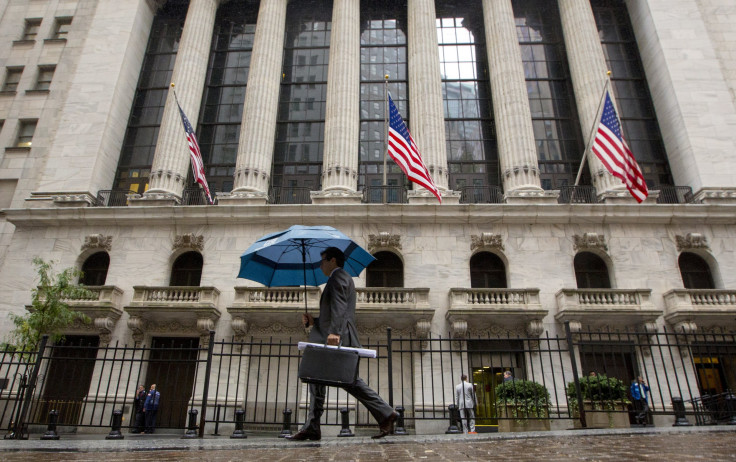Earnings Season: Price Hikes Save S&P 500 Earnings Growth From Rising Labor Costs
Labor shortages and rising labor costs are taking their toll on the earnings and revenues of S&P 500 companies. But they don't significantly impact earnings growth, as these companies have the pricing power to pass the higher costs on to consumers.
That's according to FactSet, which closely follows the financial reports of publicly traded companies, including the S&P 500 members, to figure out top and bottom-line trends that move Wall Street.
"Labor costs and shortages have been cited by the highest number companies in the index to date as a factor that either had a negative impact on earnings or revenues in Q2, or is expected to have a negative impact on earnings or revenues in future quarters," said John Butters, vice president and senior earnings analyst at FactSet. "Of these 18 companies, 11 (61%) have discussed a negative impact from this factor. After labor shortages and costs, supply chain costs and disruptions (10) have been discussed by the second-highest number of S&P 500 companies."
Though they come from a tiny sample, the FactSet findings are consistent with a Bureau of Labor Statistics (BLS) report released last week. They show that the US labor market remains hot in a cold economy, with wages up at an annual rate of 5.1% in June, ahead of Wall Street expectations.
That's an unusual situation. The labor market should follow the rest of the economy rather than go in another direction. Ira S Wolfe, President, and Chief Googlization Officer at Success Performance Solutions, attributes it to the shifting demographics and growing skill gaps. "There is a near-zero unemployment rate for many roles in technology, manufacturing, construction, education, and healthcare," he told International Business Times in an email. "While an economic slowdown might slow hiring, it won't shut down. There are still more job openings than unemployed people willing or able to fill them. Even if a company cuts back on hiring, it will still have open positions to fill. The demand for tech, infrastructure, and healthcare won't subside."
Still, these wage hikes do not seem to significantly impact corporate earnings growth, as the reporting companies have managed to pass the higher costs on to consumers in the form of price hikes, according to FactSet. "It is interesting to note that despite the negative impacts cited by these 18 companies, they have reported aggregate (year-over-year) earnings growth of 11.0% and average (year-over-year) earnings growth of 8.5% for Q2, adds Butters. "Both of these numbers are above the current (blended) earnings growth rate of 4.3% for Q2 for the index as a whole. It appears that most of these companies are raising prices to offset these negative impacts, as 16 of these 18 companies (89%) discussed increasing prices or improving price realization on their earnings calls."
But the situation could be different outside the S&P 500 members, especially among the smaller companies, which operate in a highly competitive environment and, therefore, lack the power to raise prices.

© Copyright IBTimes 2024. All rights reserved.












